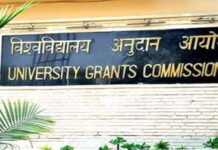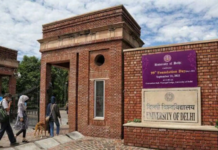In the past few decades, the cases of human trafficking registered (yet thousands being unregistered) are going beyond the national boundaries.
Despite the existence of the immoral traffic (prevention) Act 1956, South Asia has been considered as the fastest growing region for human trafficking in the world with young girls and women being admitted to commercial sexual exploitation, and a larger population of all genders being dragged into bonded labour, begging and forced marriages.
The immoral persons Act (IPTA) of 1956 is currently being used in dealing with the cases pertaining to human trafficking, with a drawback that the victims are sometimes jailed as criminals.
As per the new bill proposed by the union minister for women and child development, Maenka Gandhi, the ‘survivor’ would be treated as the ‘victim’ and not ‘criminals’. For example- the victim of trafficking during the brothel raids would not be arrested or jailed like the traffickers. In the same way, the children and people found begging at the signals would not be subjected to any kind of punishment.
The draft bill focuses to merge the existing anti-trafficking laws, which prioritises the need of the survivors who need proper assistance and protection.
Not only this but also separate and special courts to speed up the process of judgement, provision for shelters and rehabilitation fund to help the survivors begin their lives from scratch.
A greater level of provision in the bill includes anti-trafficking committees which would work at three levels- district, state and centre – that will supervise prevention (as priority), protection and rehabilitation of the victim.
We hope that this brings about a massive change in the sector of human trafficking.
Shrankhla Verma,
Content Writer – DU Times.





























